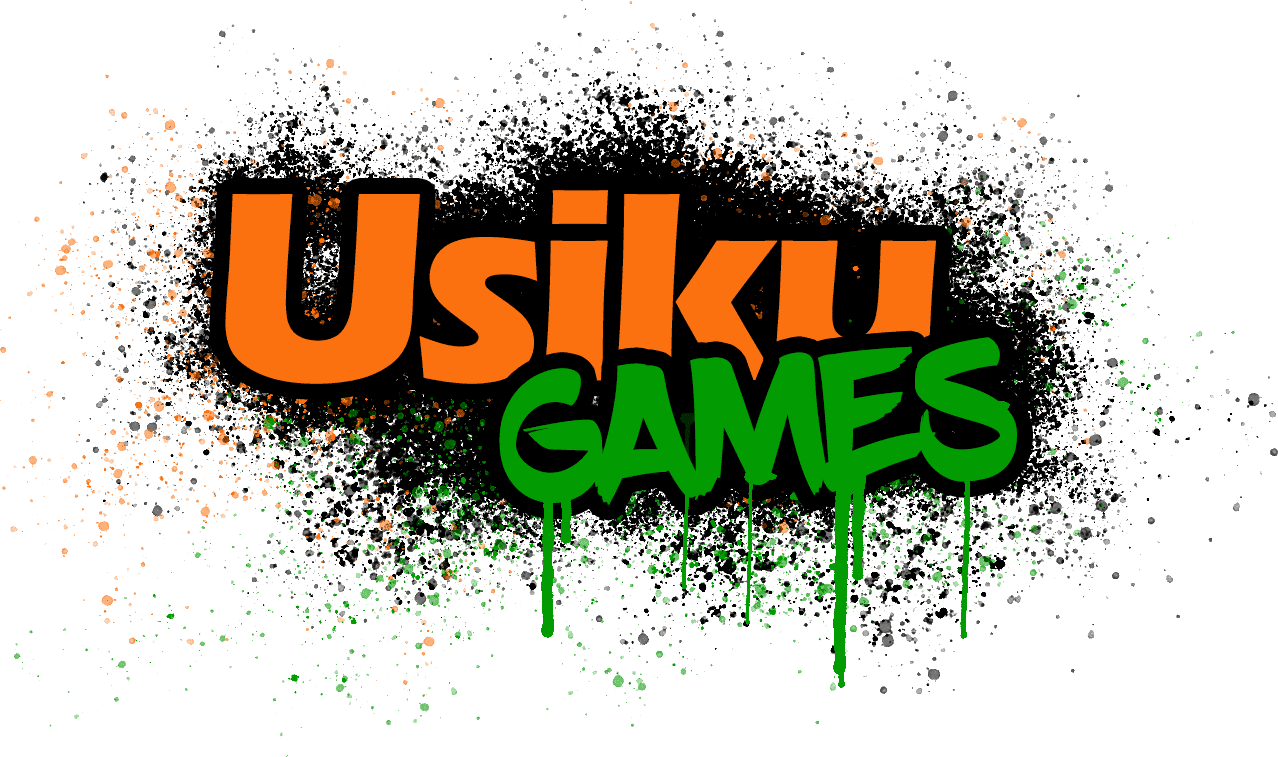In the digital age where gaming has eclipsed the behemoths of Hollywood and the Music industry, the question for agency heads and marketers in Africa isn’t why should we integrate gaming into our branding strategies, but how to do so to best resonate with the continent’s uniquely young and connected consumers.
In-Game Branding: The New Billboards
As we maneuver through the virtual landscapes of today’s popular games, in-game advertising offers a canvas that our demographic – the digital natives of Africa—engages with far beyond any static billboard. Imagine a bustling digital Lagos where virtual billboards in a soccer game change dynamically to showcase local brands, mirroring the energetic advertising scene of the city. This isn’t a distant dream. Wpromote’s insights reveal a dynamic array of advertising options, and in Africa, this could translate to billboards in a racing game that doubles as checkpoints, creating an interactive experience reflective of our continent’s rhythm and vibrancy.
Advergaming: Brands at the Heart of Play
Advergaming takes brand integration a step further, embedding the brand into the very fabric of the game. This is where creativity meets analytics. Games crafted around the brand, offering an immersive experience that can’t be matched by any other form of advertising. This approach is not new, but its effectiveness is magnified in Africa, where over 500 million internet-connected smartphones—more than the U.S., Canada, and Mexico combined—are potential gaming consoles. Take the spirit of African markets, bustling and full of life, and channel it into a game that not only entertains but educates and embeds your brand into the player’s daily life. It’s about crafting narratives that resonate with the heart of Africa, not just a logo on a screen.
Gamification in the Real World
Africa’s marketing landscape is ripe for the gamification of real-world brand interactions. We’ve seen it in Western markets with McDonald’s Monopoly, but imagine localised versions tapping into the cultural narratives of our continent. Consider airline upgrades being decided not by chance or status, but by a digital game played at the gate. We’ve seen great examples of this already across the continent, like Ooredoo’s 3jeja game, with thousands of consumers running around Tunis to claim virtual prizes.
The Benefits of Gaming in Brand Marketing
The benefits of leveraging gaming in branding are clear:
- Preferred Medium: Gaming is not just a pastime; it’s a culture. By reaching consumers through games, we’re speaking their language.
- Increased Interaction Time: While a billboard garners seconds of attention, a game offers minutes to hours of deep brand interactions. That’s uninterrupted time spent engaging with the brand, not just passing glances.
- Active Engagement: In gaming, consumers are participants, not just viewers. This paradigm shift from passive to active engagement is essential in a market where consumers value their sense of agency, and gaming provides that. The consumer feels not like they are being sold to; but rather like they are actively making their own choices, and so while they may both end up in the same place, the brand affinity of the consumer who believes he drove himself there, will always be stronger.
- Emotional Involvement: The best ads have always been the ones that make the audience FEEL something and where there is a sense of resolution. (eg: the lost Budweiser puppy who finds his way home) In a TVC we have 30 seconds to create that very rare feeling. In gaming we potentially have hours and many emotional levers, to create the players’ sense of joy, frustration, humor, fear, and relief.
An African Context
We must think of this all in the African context, a continent full of young, digital natives who have grown up in a digital landscape dominated by WhatsApp, Instagram, and TikTok. Our approach to gaming and branding needs to be as mobile as our audience, and as vibrant and diverse as our many cultures, languages, and infrastructure realities. African consumers are not just looking for products. They’re looking for experiences that reflect their identity, where they can see themselves reflected in games’ characters and challenges. Our consumers take deep pride in “Africaness” and our games should empower that.
We’re not just talking about translating global marketing strategies into African markets and languages. We’re discussing the creation of gaming experiences that are born from the heart of Africa, that understand the pulse of its cities, the rhythms of its music, and the spirit of its people. We’re so delighted that Ayoba have chosen to embrace this, by publishing games that are made in Africa, for Africa, to their 30+ million monthly active users. Games like Jam Noma and Okoa Simba.
For those of us shaping brand strategies across the continent, integrating gaming is not merely a tactic, it’s a transformation. It’s an opportunity to weave our brand narratives into the daily lives of consumers, creating experiences that are not only engaging but also empowering. Let’s not just play the game. Let’s change it.


